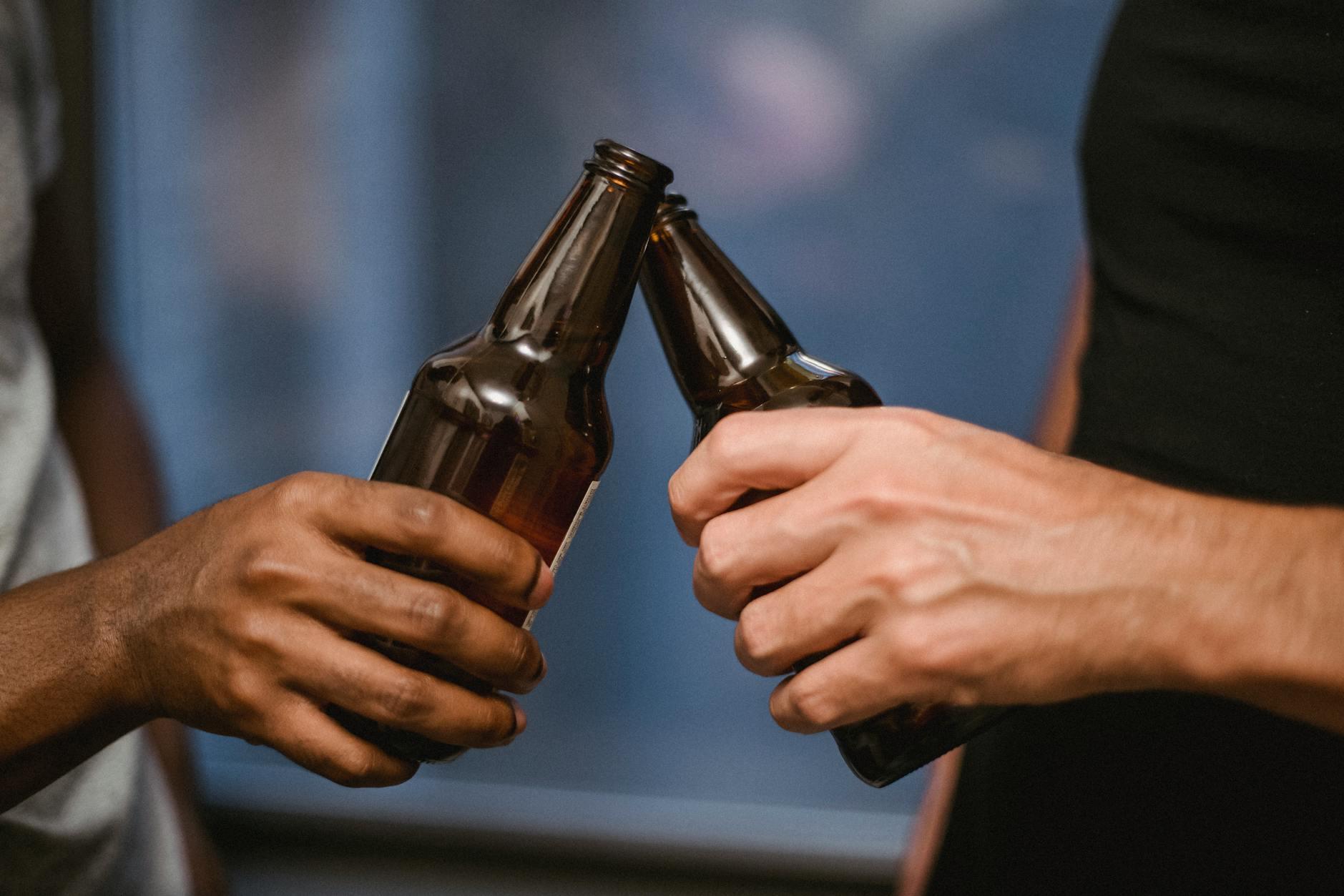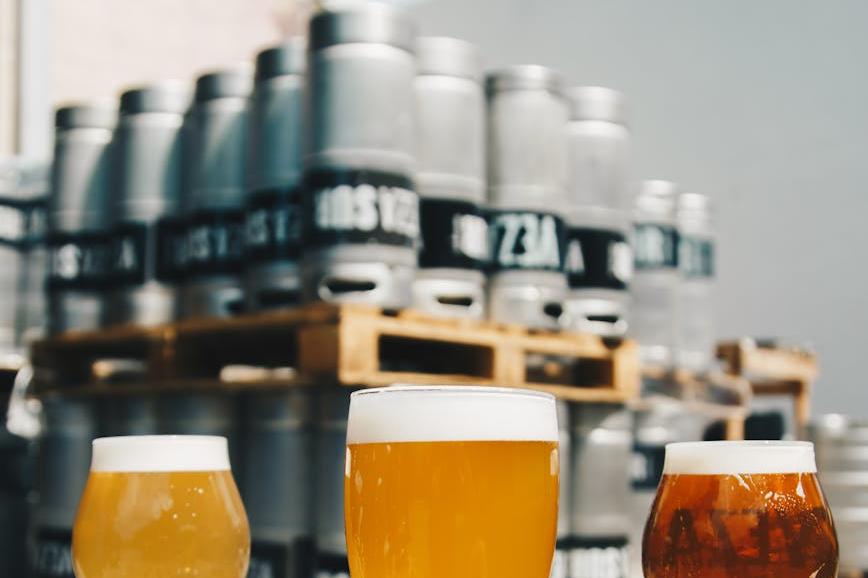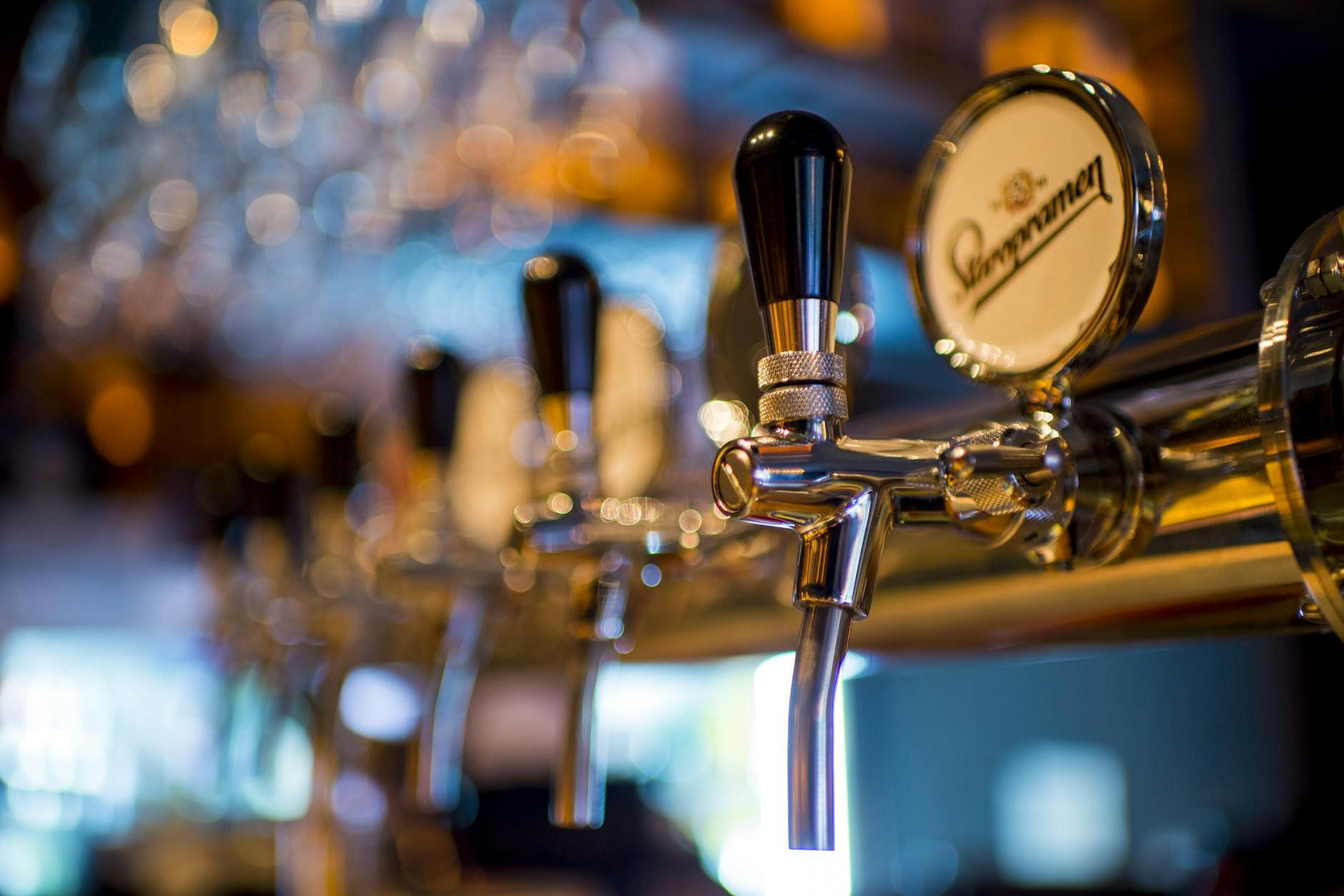- Shanghai Zhongshen International Trade Co., Ltd. - Two decades of trade agency expertise.
- Service Hotline: 139 1787 2118

I. Import Qualifications: Did You Think a Business License Was Enough to Accept Orders?
Last year, a client wanted to import German craft beer with their newly registered trading company license, only to be stuck at customs registration for three months—Food Distribution License, Import Food Consignee Registration, Alcohol Business LicenseThese three basic qualifications are indispensable.
- Common Misconceptions:
- Confusing prepackaged food and alcohol licenses
- Ignoring special registration requirements at port customs
- Failing to renew licenses before expiration
II. Product Compliance: The Devil in Label Translation Details
An importer once had an entire container returned because craft beer was directly translated as handmade beer on the label. Chinese back labels must include:
- Country of origin and specific region (e.g. Bavaria)
- Alcohol content notation (%vol cannot be omitted)
- Ingredient details must specify barley malt/wheat malt percentage
Special reminder: New requirements starting 2025Allergen labelingBeers containing gluten must be clearly labeled.
III. Tax Calculation: Those Extra Tuition Fees We Paid Over the Years
| Success | Tariff | Value - added Tax | Consumption Tax |
|---|---|---|---|
| Malt brewed beer | 5% | 13% | Ad valorem taxation |
Actual case: Importing 1,000 cases of German dark beer (500ml/bottle, 5% vol alcohol), CIF price 200,000 RMB:
- Customs duty = 200,000 × 5% = 10,000 RMB
- VAT = (200,000 + 10,000) × 13% = 27,300 RMB
- Consumption tax = 1,000 × 12 bottles × 0.5L × 3 RMB/liter = 18,000 RMB
IV. Logistics selection: Cold chain is not a universal solution
Maritime TransportationContainer shipping considerations:
- A 40-foot high cube container can hold a maximum of 22 pallets of beer (including protective layers)
- Temperature recorders must remain on throughout and data must be retained
- Quality testing must be initiated if shipping delays exceed 15 days
Last year, a batch of Belgian white beer was left stranded at a high-temperature port for 28 days, causing secondary fermentation of yeast and excessive bottle pressure that led to bottle explosions.
V. Pitfall avoidance guide: 7 hard-learned lessons
- Special recipe beers (e.g., those with added fruits/spices) require prior ingredient analysis
- Wooden pallets must be fumigated and display IPPC marks
- Transport insurance must cover leakage caused by package breakage scenarios
- Canned beer requires testing for can coating acid resistance
- Sample imports must not use commercial customs clearance channels
- Promotional freebies need to be declared separately and marked as Not for Sale
- Bonded warehouse storage requires monitoring of alcohol shelf life
To be frank: Rather than searching for fragmented information online, its better to directly requestGeneral Administration of Customs 2025 editionimport and exportAlcohol Inspection and Quarantine Supervision Manual. After all, in the beer import business, compliance savings may exceed profits.
Related Recommendations
Category case
Get in Touch
Email: service@sh-zhongshen.com
Related Recommendations
Contact via WeChat

? 2025. All Rights Reserved. Shanghai ICP No. 2023007705-2  PSB Record: Shanghai No.31011502009912
PSB Record: Shanghai No.31011502009912









